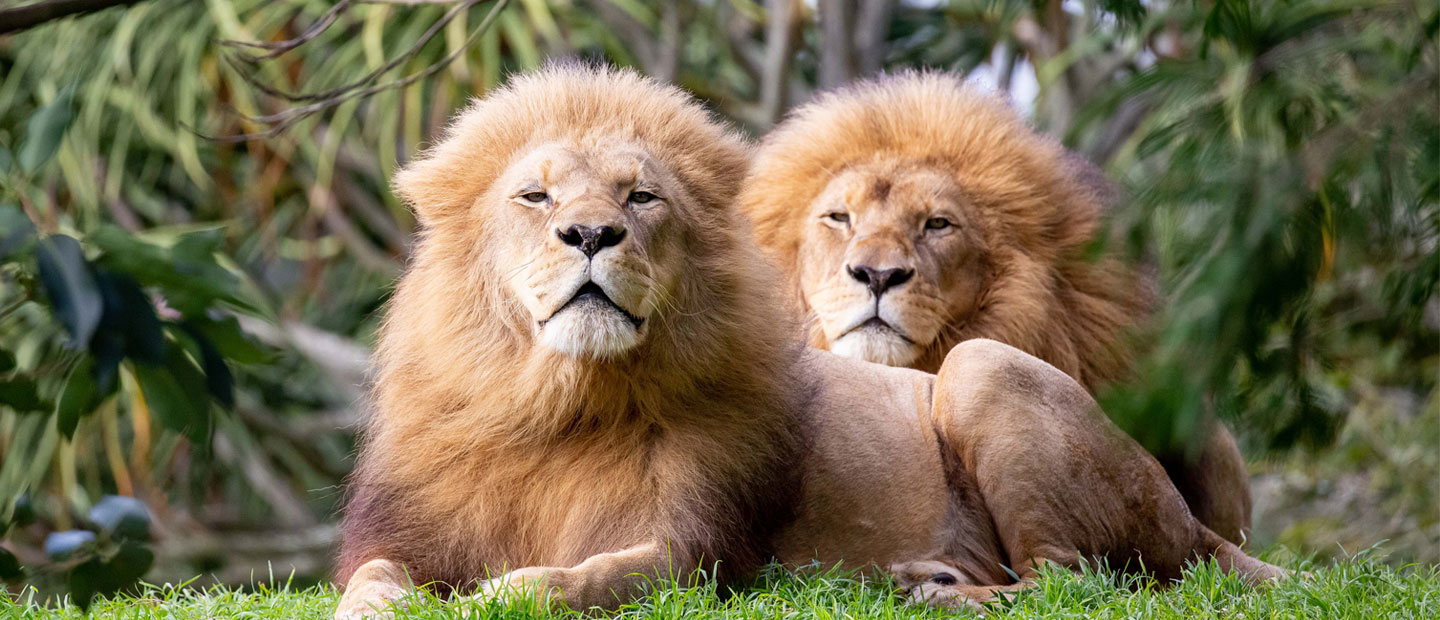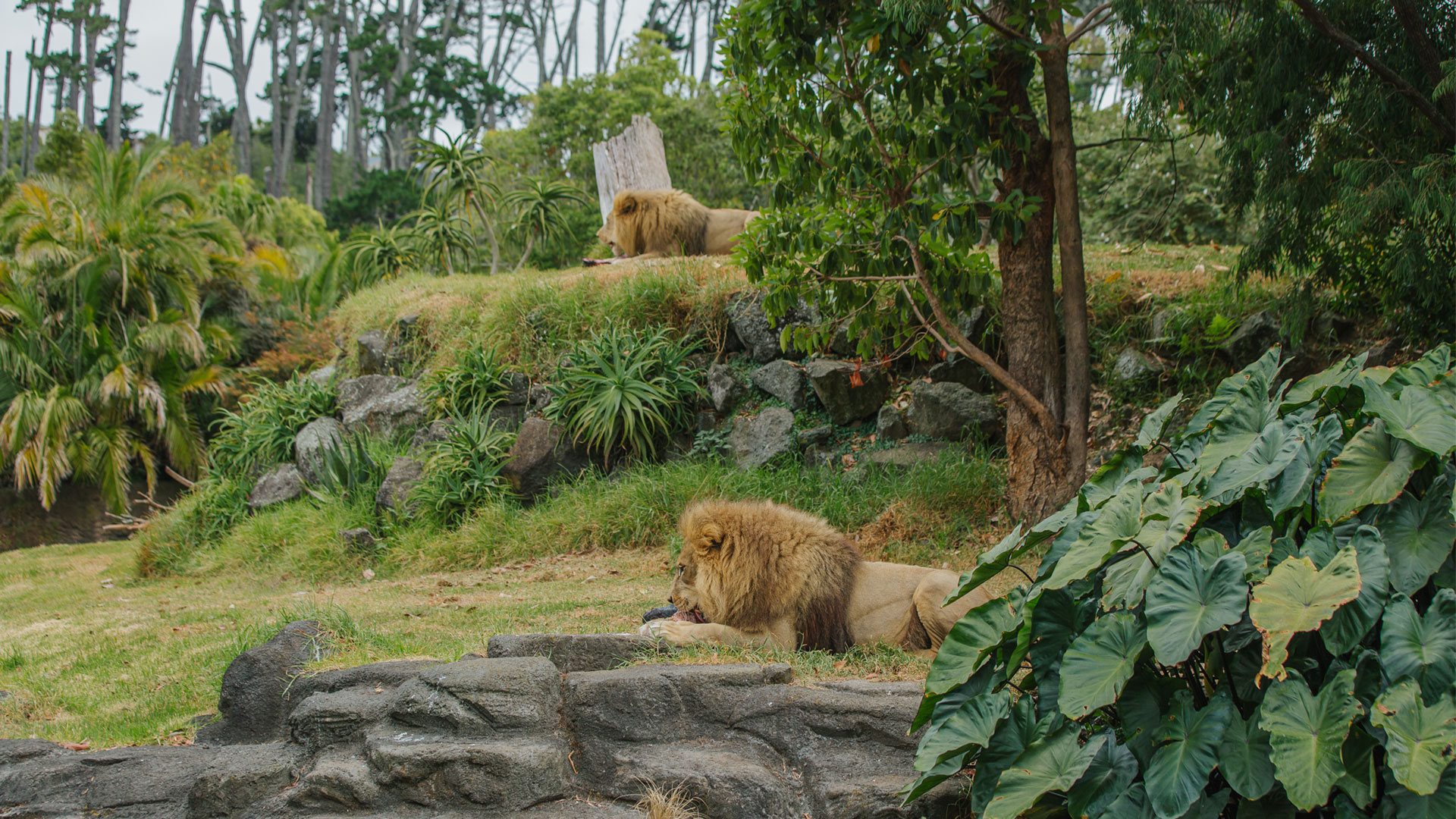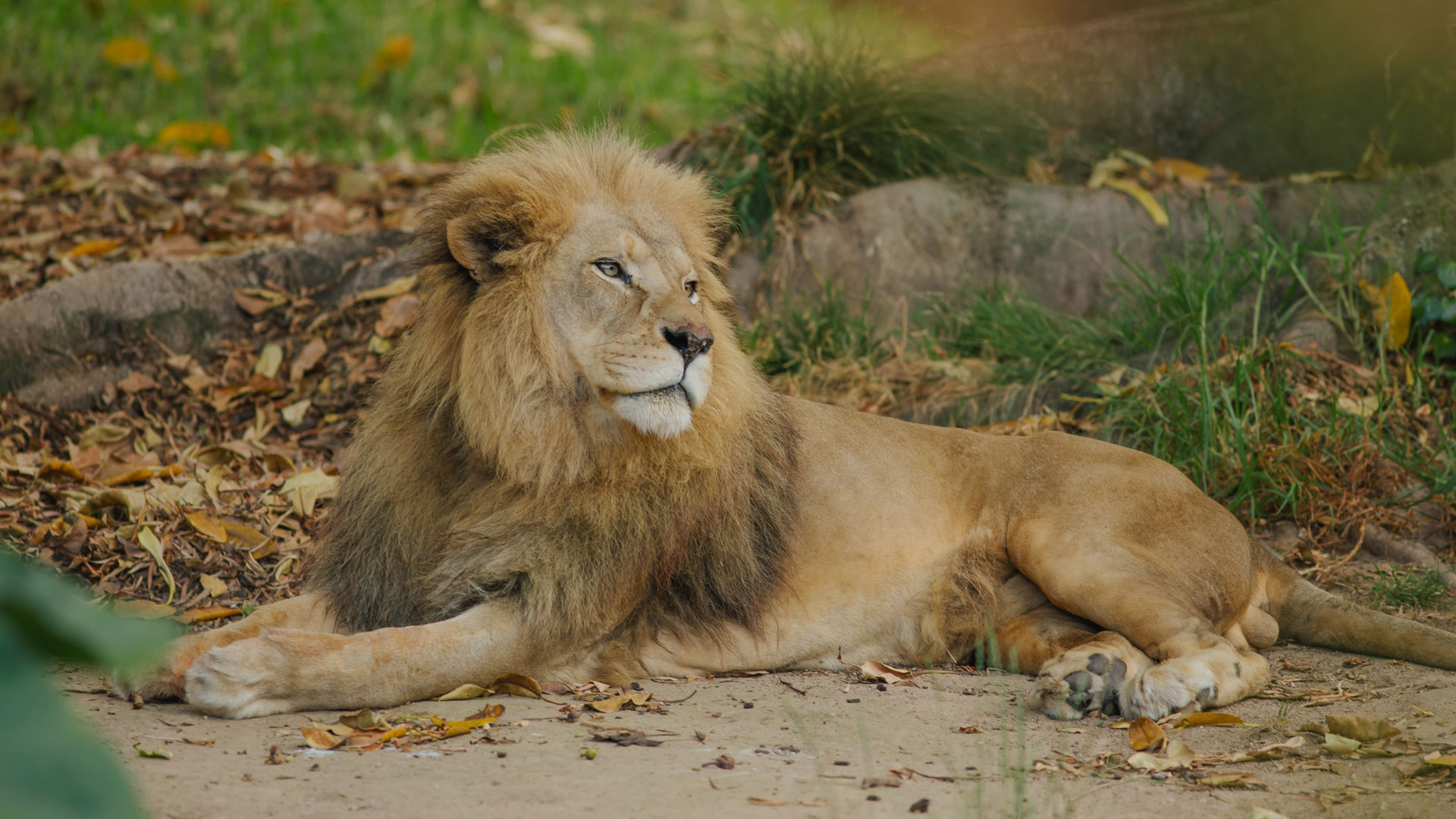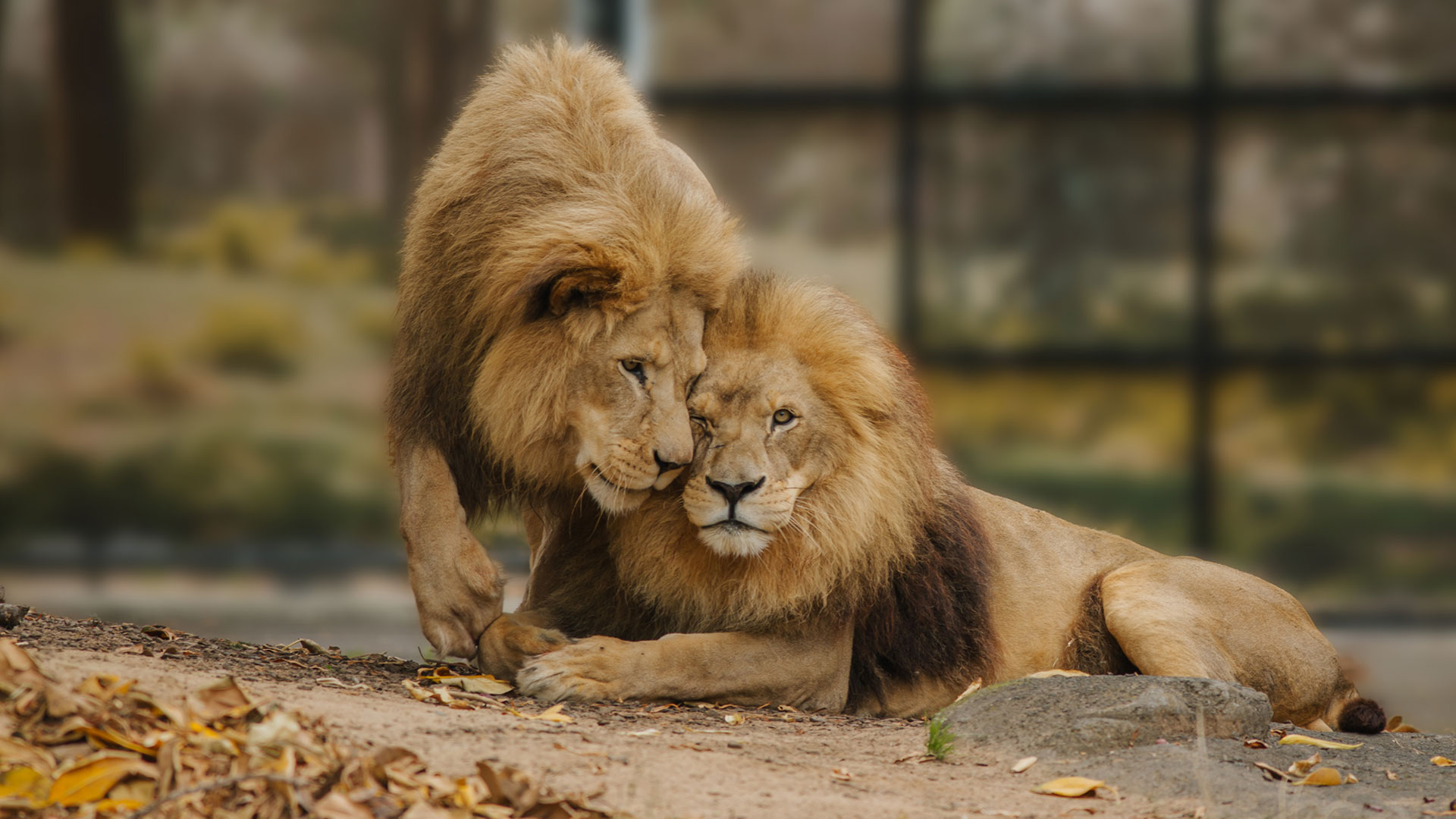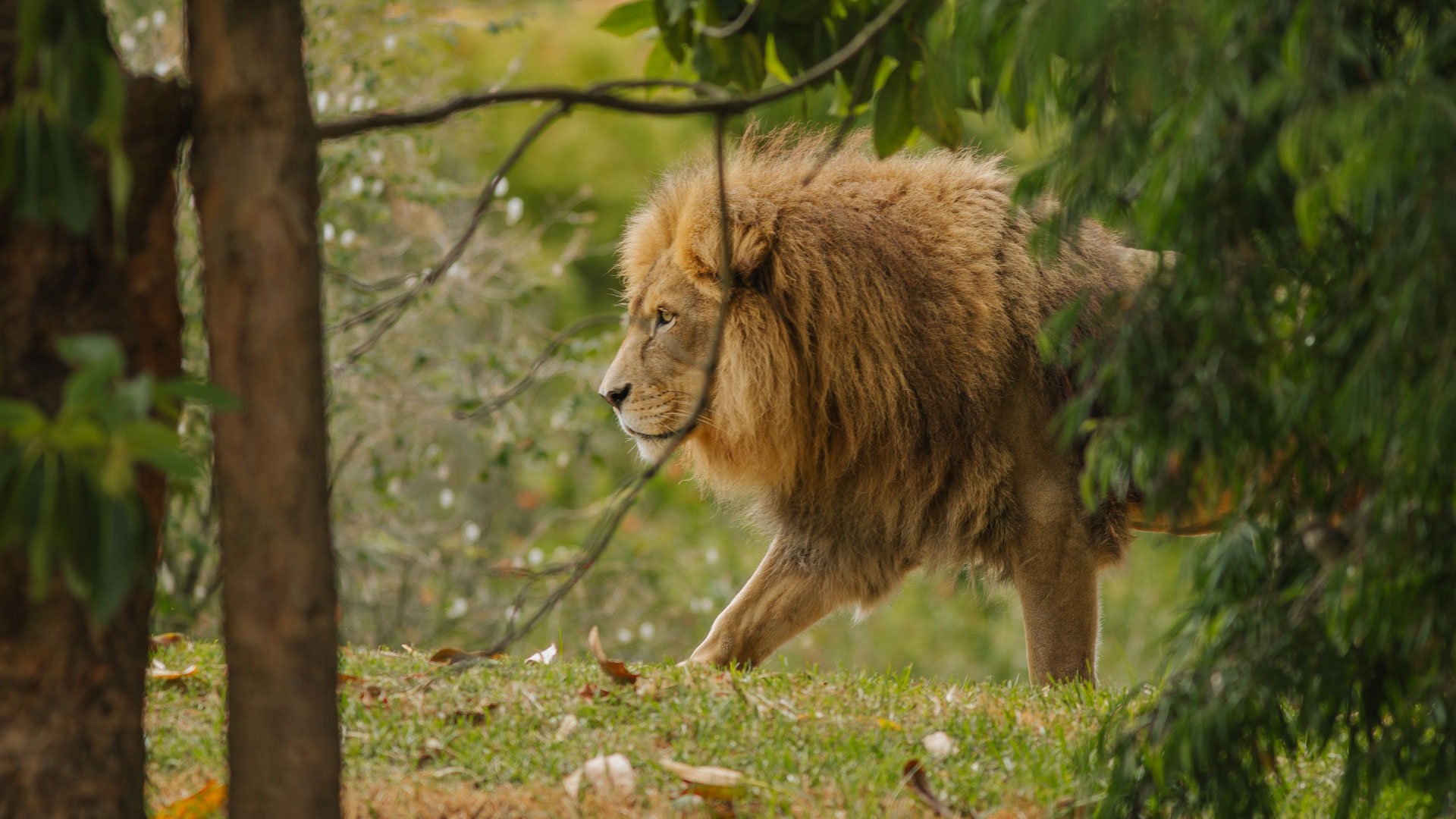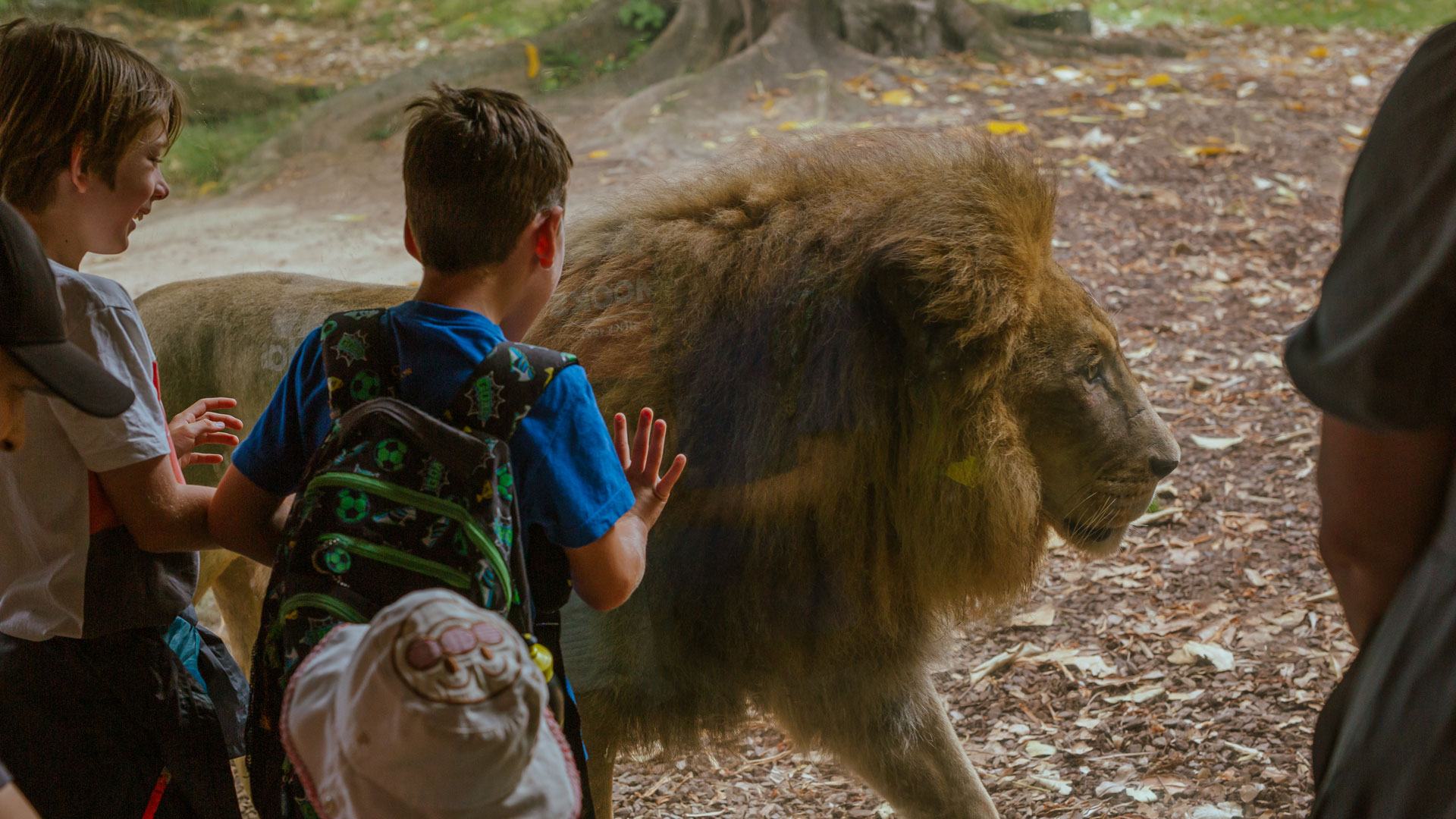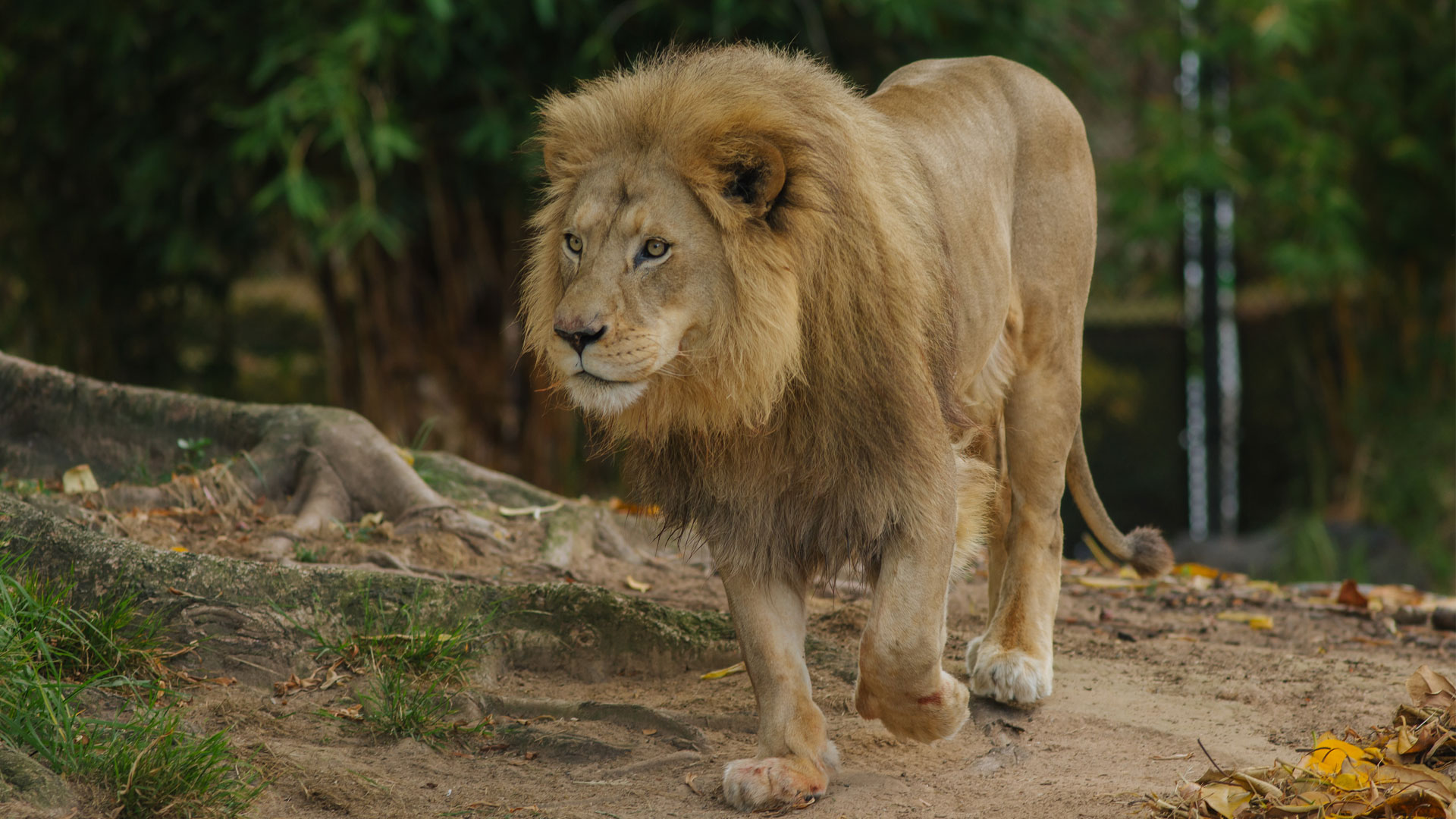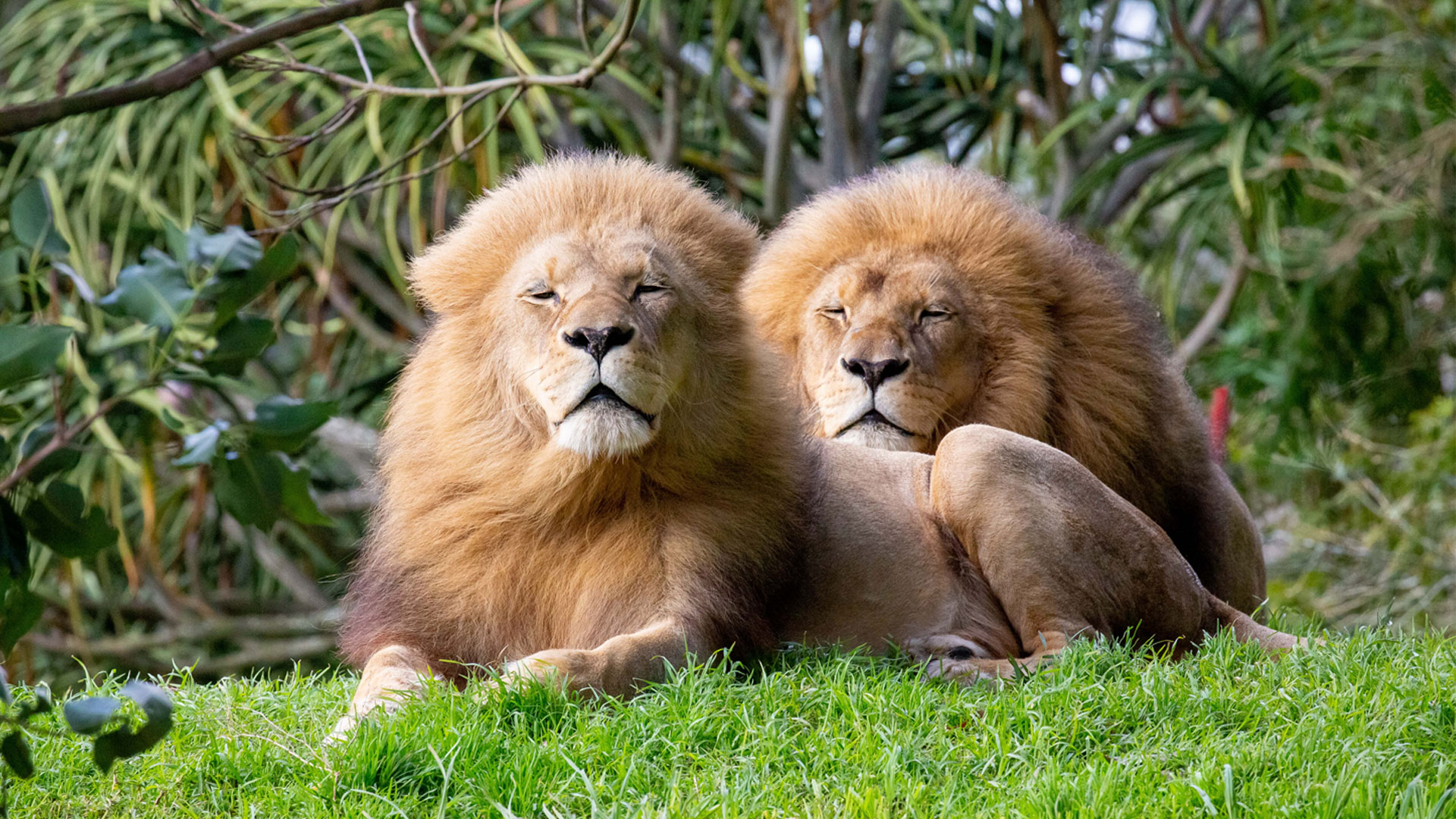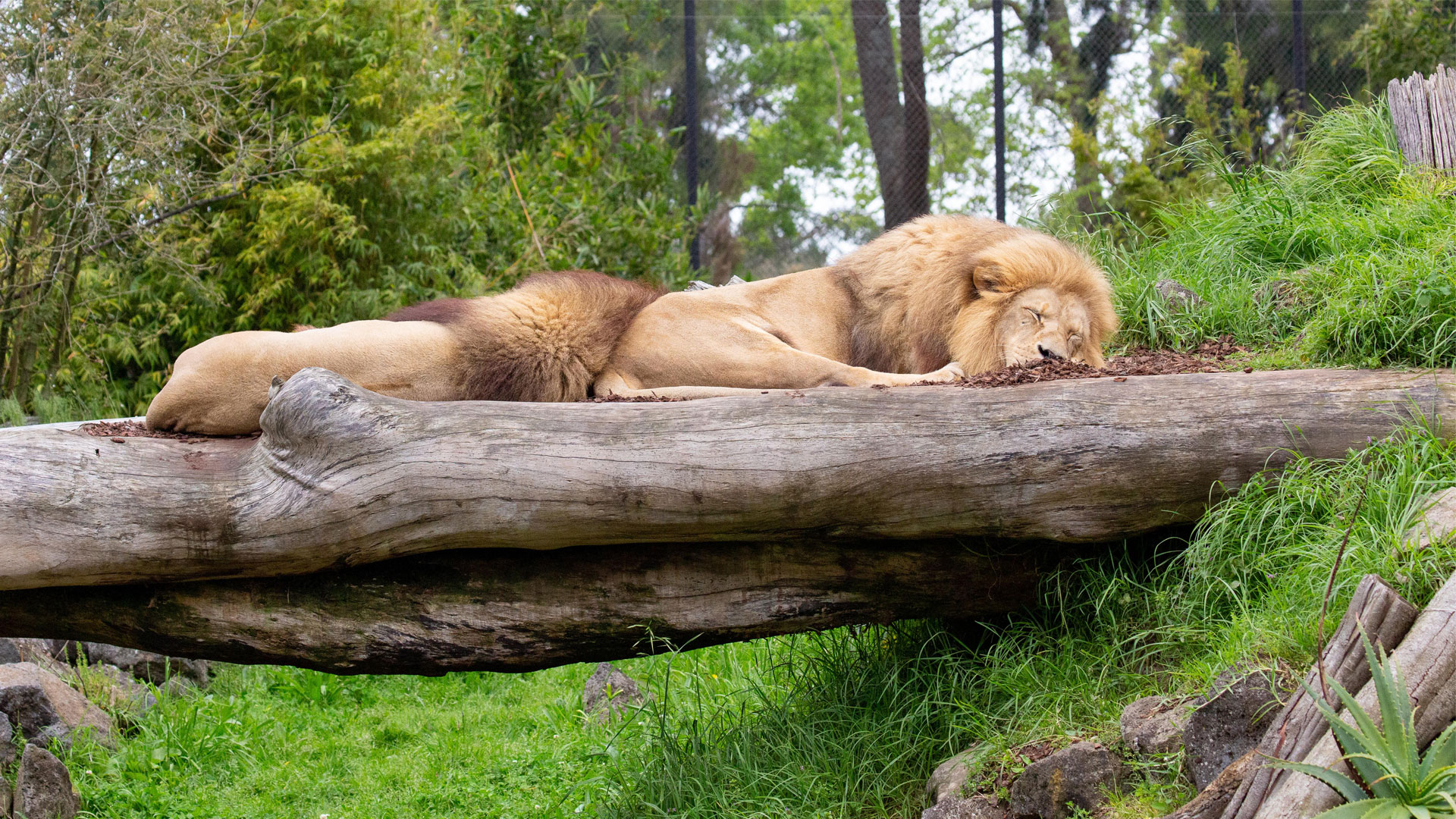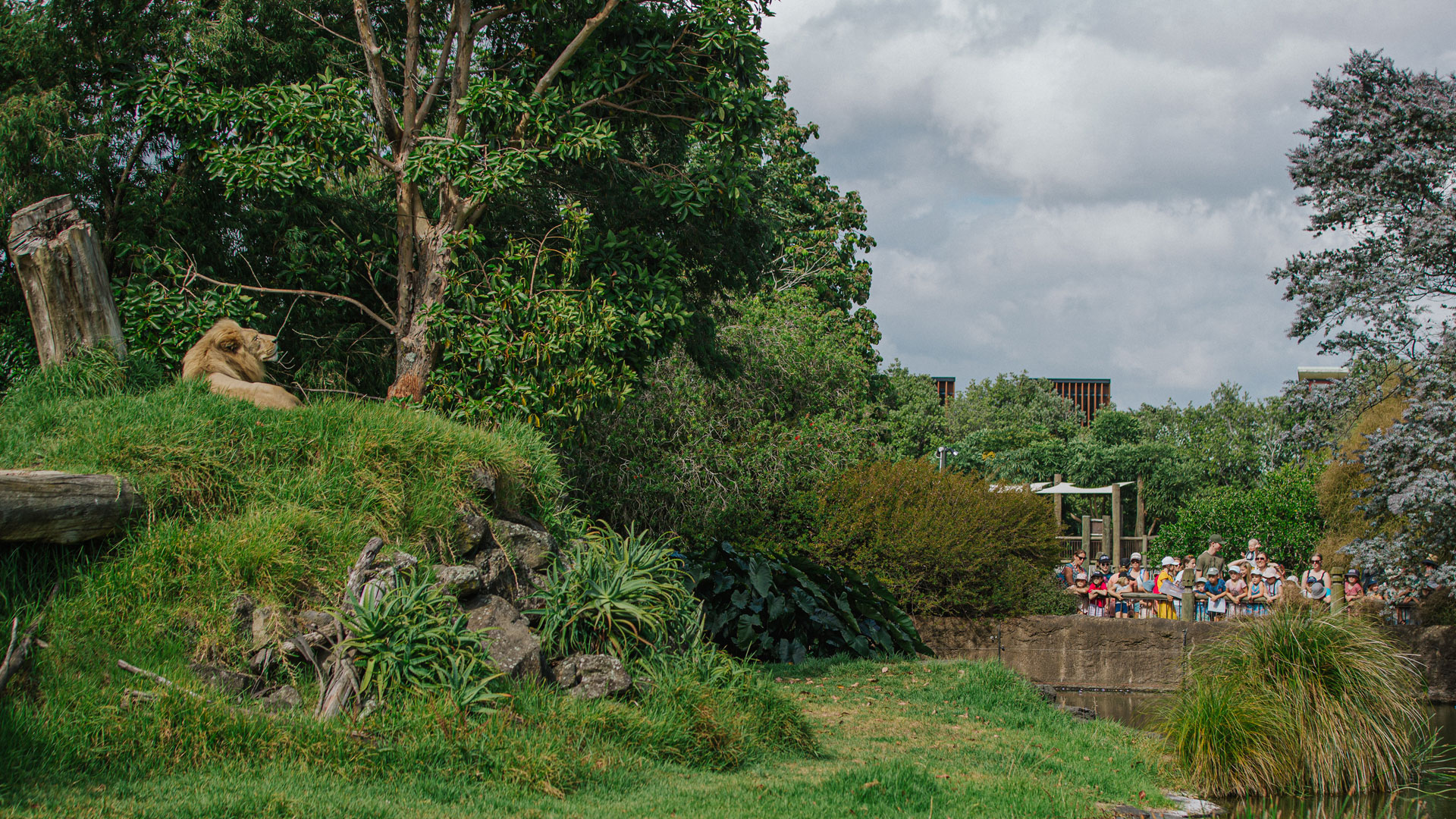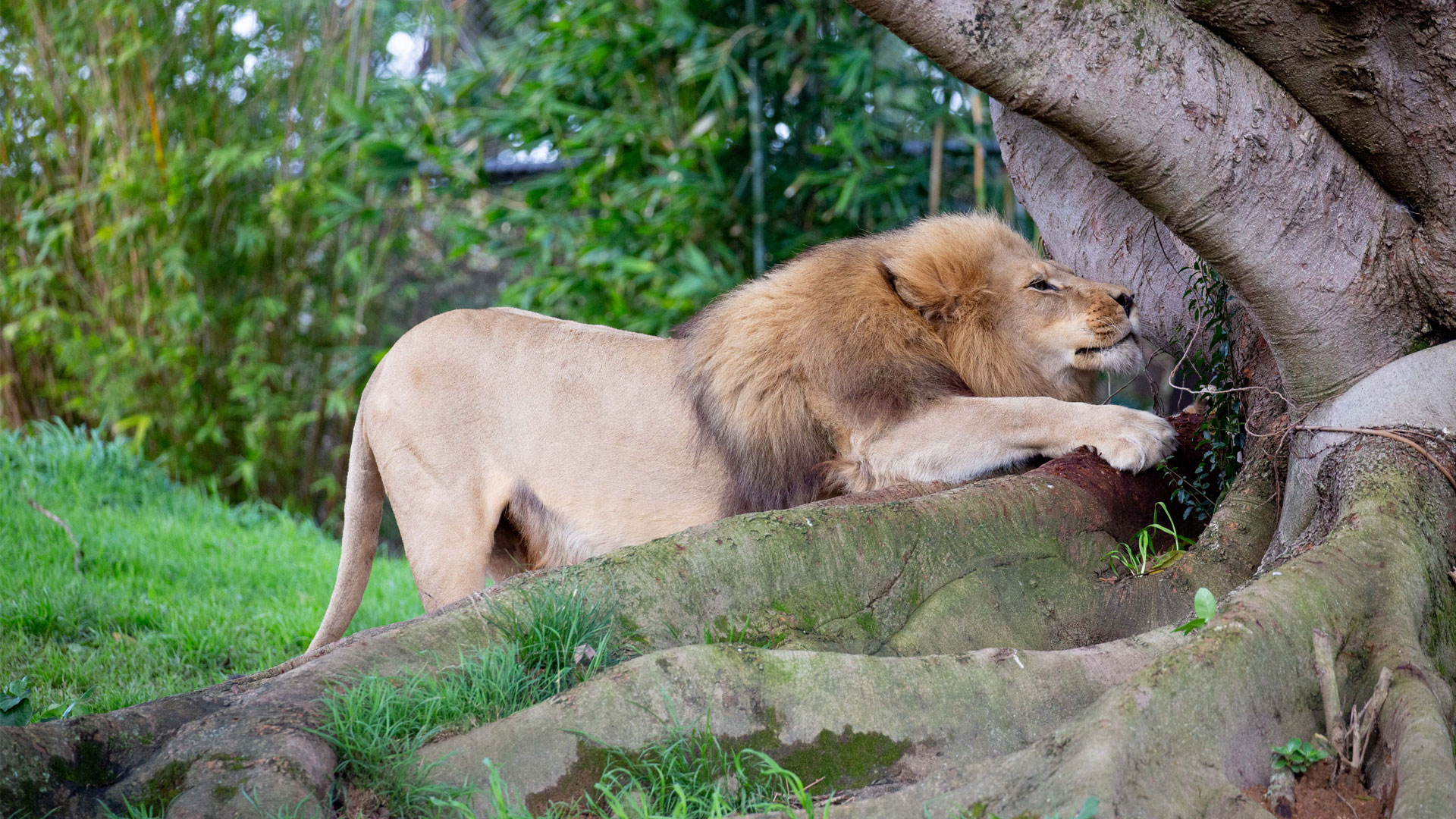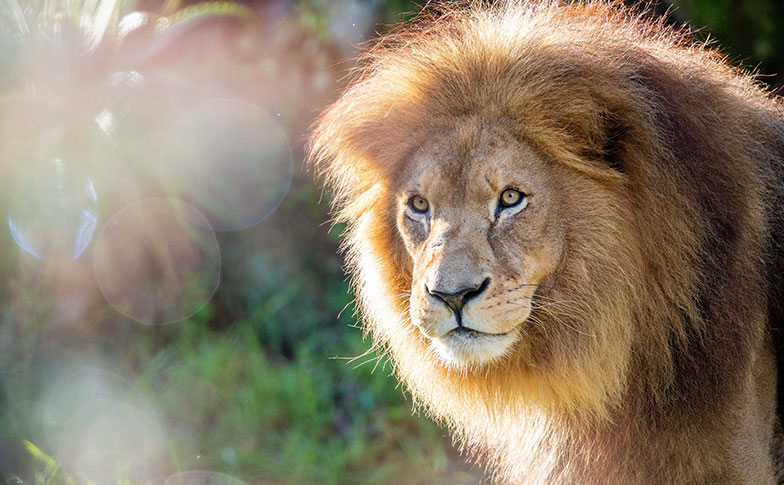At Auckland Zoo this morning, we made the extremely tough but kindest call to euthanise elderly male lions Zulu and Malik - a decision made on welfare grounds.
These two closely bonded half-brothers, born at Auckland Zoo in early 2004 just weeks apart, spent their entire lives together - primarily at Wellington and Auckland zoos.
Average life expectancy for lions in zoos is 17 years, and over the past year, both lions had been intensively monitored by our animal care and veterinary teams. (In the wild, life expectancy is significantly lower and health impacts much harsher, especially for males).


